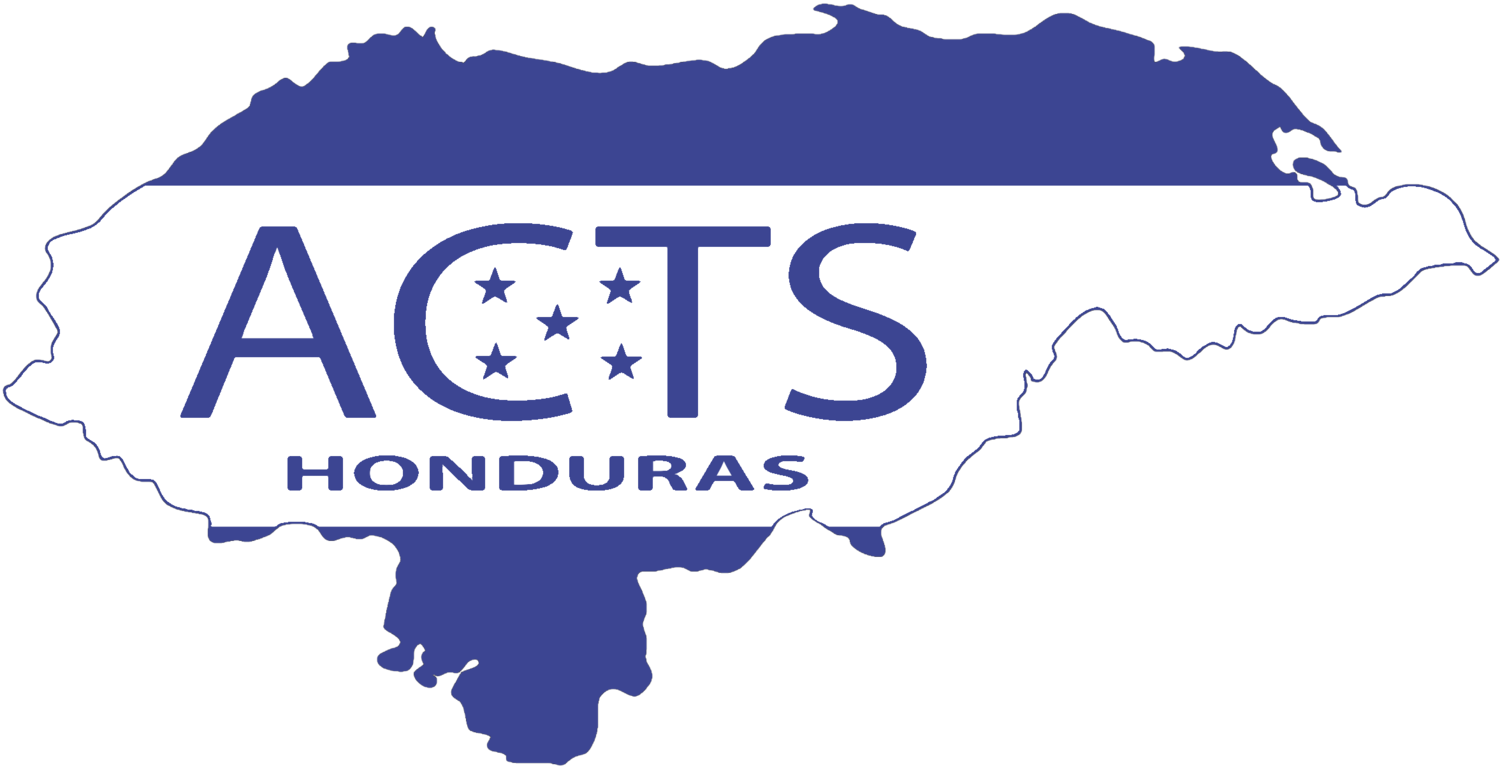Feasibility of a Symptom Management Intervention for Honduran Adults Undergoing Chemotherapy
Published in the Western Journal of Nursing Research on February 12, 2019:
Evidence-based interventions often need to be adapted to maximize their implementation potential in low-to middle-income countries. A single-arm feasibility study was conducted to determine the feasibility and acceptability of a telephone-delivered, nurse-led, symptom management intervention for adults undergoing chemotherapy in Honduras. Over the course of 6 months, nurses engaged 25 patients undergoing chemotherapy in the intervention. Each participant received an average of 16.2 attempts to contact them for telephone sessions (SD = 8.0, range = 2-28). Collectively, the participants discussed 24 different types of symptoms. The most commonly discussed symptoms were pain (12%), nausea (7%), and constipation (5%). Qualitative and quantitative data were used to identify treatment manual modifications (i.e., adding content about different symptoms and addressing scheduling of treatment) and workplace modifications (i.e., dedicated nurse time and space) that are needed to optimize implementation of the intervention...
